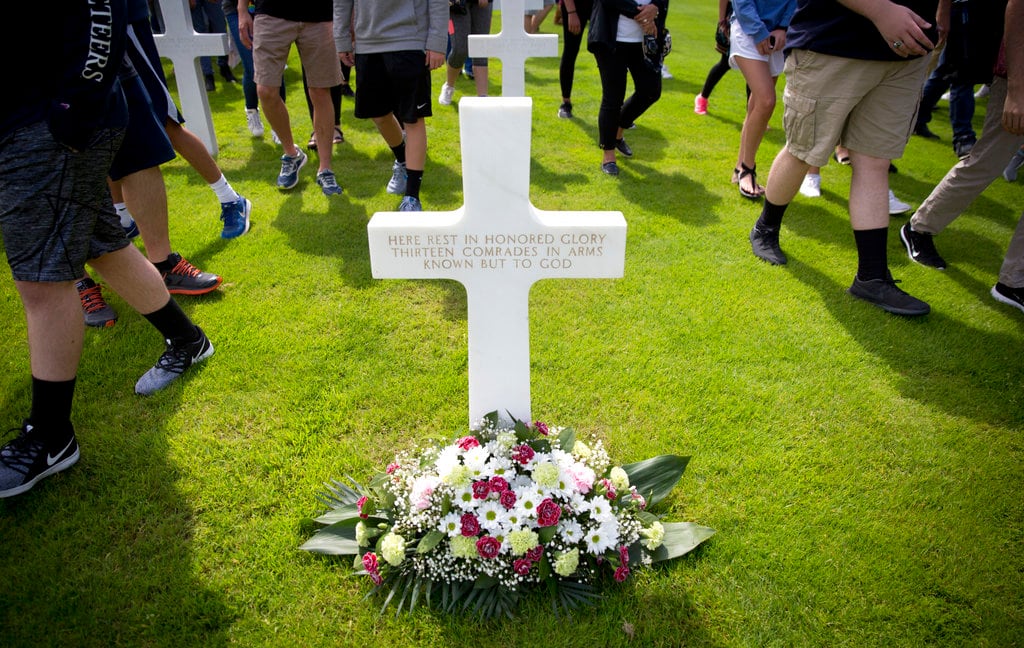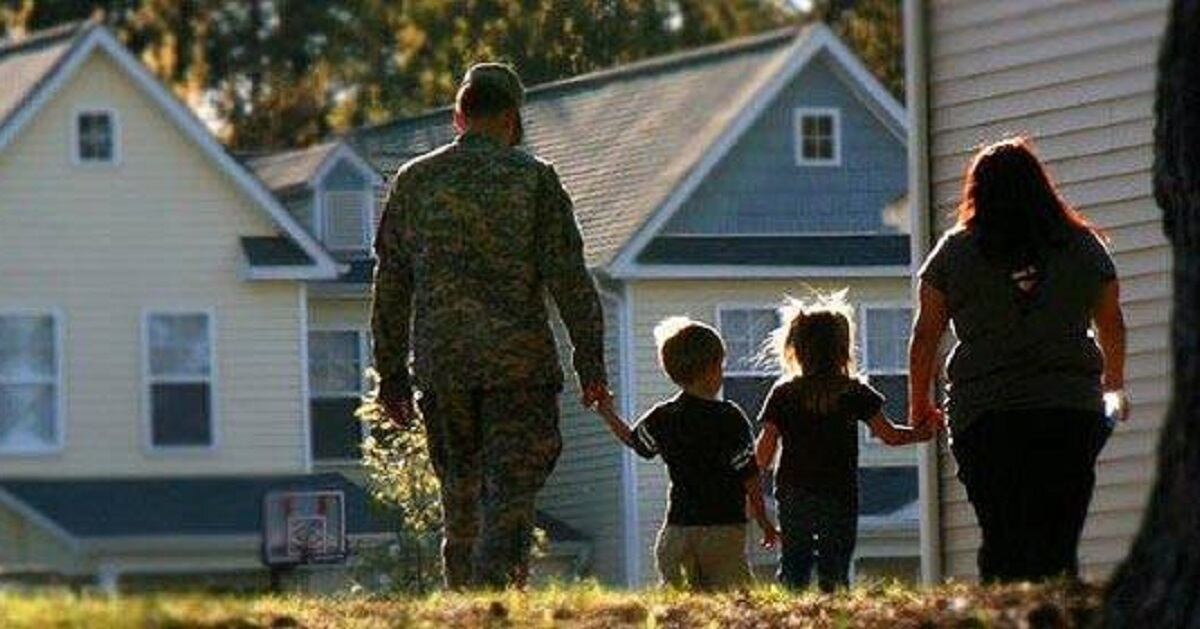A trailer for the Bay-produced time-travel movie, "Project Almanac," shows the characters watching news footage of a fiery plane crash. The footage appears nearly identical to actual video of a 1994 B-52 crash at Fairchild Air Force Base in Washington state, which killed four Air Force officers.
Families of two of the crash victims — Col. Robert Wolff and Lt. Col. Mark McGeehan — were outraged after seeing clips from the film, and told Air Force Times they had no doubt it showed the crash that killed their loved ones. They said they were disappointed the clip was apparently being used in a context that is entirely different from what actually happened.
Paramount Pictures said on Tuesday that the filmmakers used footage of a different crash that took place in Tokyo in 2009, but that crash does not resemble the film footage that angered Wolff's and McGeehan's families.
In his statement to Air Force Times, Bay said he thought a two-second shot of the plane crash in "Project Almanac" was a visual effect when he watched the completed movie. Bay was upset to learn first-time director Dean Israelite had instead used actual crash footage.
"I let film directors make their movies at Platinum Dunes [Bay's production company] and give them tremendous responsibilities," Bay said. "Well, unfortunately a very bad choice was made to use a real crash instead of creating a VFX [visual effects] shot, without realizing the impact it could have on the families."
"I have asked Paramount Pictures to remove this shot immediately from the picture," Bay continued said. "I want to also extend my deepest apology to the families, and also to the U.S. Air Force."
In an email, Katie Martin Kelley, Paramount's executive vice president for publicity, said the studio is "in the process of removing the footage from the film and promotional materials. The film's theatrical release date [Jan. 30] will remain the same."
Wolff's daughter, Whitney Wolff Thompson, said in an email that she accepted Bay's apology.
"Mr. Bay, thank you from the bottom of my heart for your apology and your quick response to this," Thompson wrote. "I appreciate your willingness to admit that this was indeed a real plane crash, and that a mistake was made in choosing to use it."
Sarah Wolff, Wolff's daughter-in-law, also accepted Bay's apology and said she is glad he has asked the shot be cut.
"That is all we were requesting," Wolff said. "I appreciate his swift response and will hope that Paramount offers a similar apology."
Attempts to contact Israelite were unsuccessful.
Following is the complete text of Bay's statement:
My relationship with the United States military has been very strong my entire film career. Every branch of service has appeared in my past films or TV shows. I have encountered nothing more than extraordinary brave men and women who serve our country. I'm very proud to be able to represent them professionally in my films.
Unfortunately today I learned that the movie "Project Almanac," produced by my Platinum Dunes company, directed by a talented first-time director, used a 2-second shot in a grainy news clip of a real B-52 crash. When the director presented his cut to me, I actually thought the short clip was a created visual effect like many of the other shots in the film.
I let film directors make their movies at Platinum Dunes and give them tremendous responsibilities. Well, unfortunately a very bad choice was made to use a real crash instead of creating a VFX shot, without realizing the impact it could have on the families.
I have asked Paramount Pictures to remove this shot immediately from the picture. I want to also extend my deepest apology to the families, and also to the U.S. Air Force.
— Michael Bay
Stephen Losey is the air warfare reporter for Defense News. He previously covered leadership and personnel issues at Air Force Times, and the Pentagon, special operations and air warfare at Military.com. He has traveled to the Middle East to cover U.S. Air Force operations.





